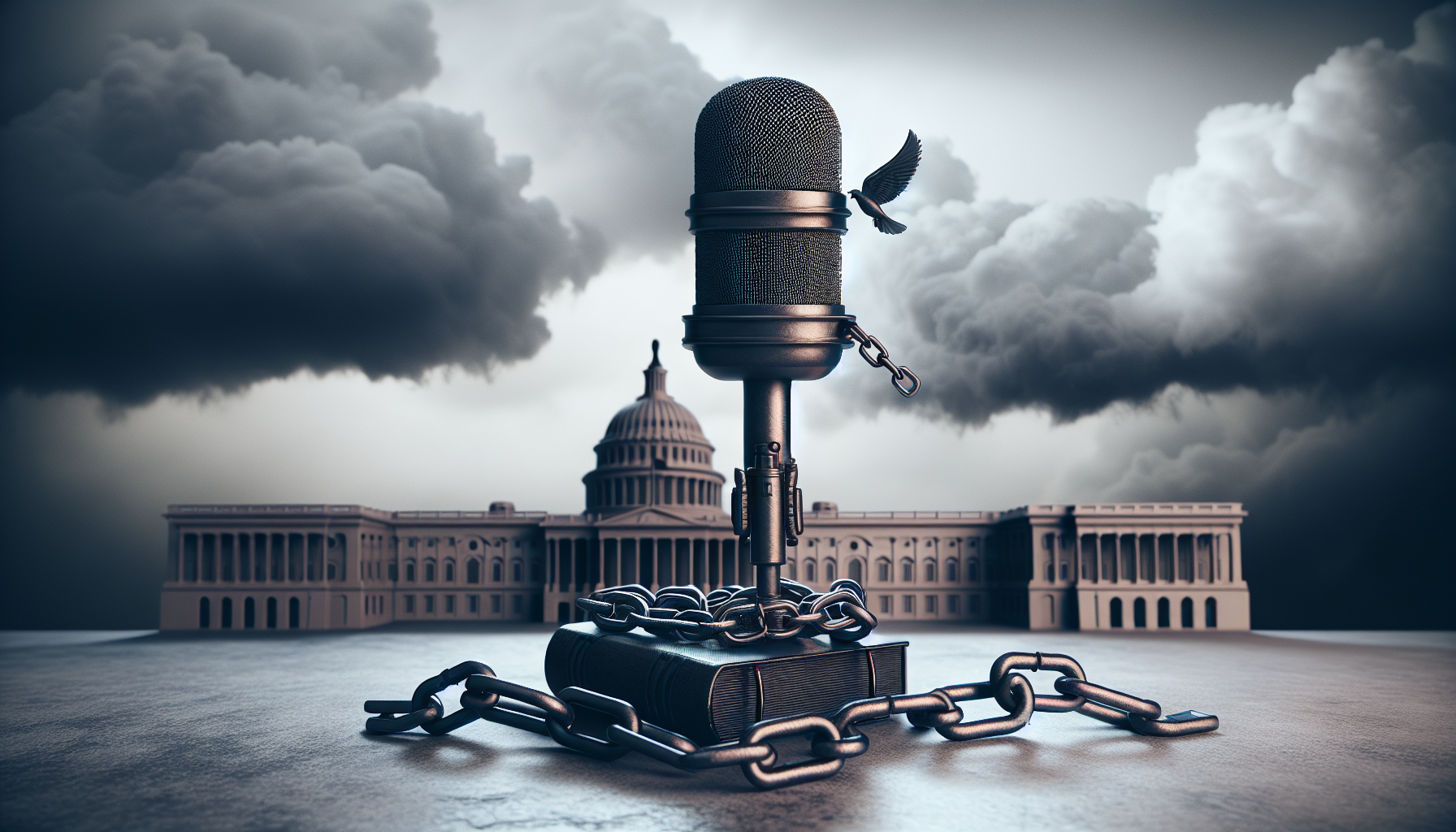Title: Detained for Dissent? The Case of Rumeysa Öztürk and What It Reveals About America’s Immigration Crossroads
Dear readers,
Ask yourself this: In a country that celebrates its First Amendment with the fervor of a national anthem, what happens when speech runs headlong into state scrutiny? Where does free expression end and so-called "national security" begin?
Let’s set the scene not in a war zone or foreign court, but on a quiet Massachusetts street, where Rumeysa Öztürk—a 30-year-old doctoral student at Tufts University—was grabbed off the sidewalk by immigration officials on March 25. Her crime? Co-authoring an op-ed in a university newspaper that criticized Israel’s actions in Gaza and called on the university to divest from corporations tied to the Israeli military apparatus.
Now, she’s being held at an ICE detention center in Louisiana, accused of engaging in “activities in support of Hamas.” No trial. No conviction. Just words.
From Researcher to Risk
Öztürk wasn't some firebrand on the fringe. She was an academic, a Turkish national pursuing her PhD at one of America’s top universities. She didn’t throw a rock or lead a march. She wrote, argued, asked for institutional accountability—things that, last time I checked, were not only legal in this country but foundational.
Sound familiar? Think back to the case of Mahmoud Abdul-Rauf in the NBA, who famously refused to stand for the national anthem in 1996. He was suspended for "conduct detrimental to the league." Fast-forward 30 years, and the stakes have shifted from suspension to potential deportation. But the theme is eerily constant: dissent has a cost, and it is often exacted in silence and shadows.
A Judge Pushes Back—But Is It Enough?
Thankfully, not all are staying silent. In a measured yet firm ruling on Friday, Federal Judge William K. Sessions III ordered Öztürk to be returned to a Vermont facility, rejecting the government’s attempt to toss out her habeas corpus petition. His words struck deeper than most headlines: She “has raised significant constitutional concerns with her arrest and detention.”
This isn’t just about paperwork. It’s a judicial echo of something louder and harder to dismiss: that something about this feels off. Misaligned. Dangerous.
Let’s remember—habeas corpus is not just legalese. It is perhaps the most elemental of legal rights in civilized societies: the right not to be detained without a reason.
And yet, here we are.
A Broader Pattern or a Convenient Example?
Öztürk is not alone. She is one of an increasing number of international students facing deportation for publicly opposing Israeli actions in Gaza since the October 2023 attacks. The Department of Homeland Security’s accusation? That her advocacy supports terrorism.
Really?
It’s hard not to wonder if this isn’t less about national security and more about chilling effect. About sending a message—not to terrorists, but to protestors.
Case in point: Tufts University, hardly a hotbed of radicalism, has itself defended Öztürk, stating that her op-ed was in line with their policies and did not violate the Immigration and Naturalization Act. That’s no small statement. For a university, especially one under federal oversight, to go to bat this strongly speaks volumes.
But is it enough?
The Ghosts of Prior Precedents
Those of us who remember the post-9/11 crackdown on Muslim students and scholars know this moment well. The sudden visa denials. The airport detentions. The whisper campaigns. Only, back then, it was justified by direct affiliations or security alerts. Now? A student publication is all it takes.
Even J. Edgar Hoover, authoritarian as he was, kept files thicker than op-eds before taking action.
The Personal Cost of a Political Statement
Let’s not forget the woman at the center of this. Rumeysa Öztürk is not a symbol or a talking point. She’s a young academic, far from home, likely scared, exhausted, possibly in solitary. That her thoughts appear in a student newspaper should be cause for debate, not detention. Yet in 2025, the line between civil discourse and criminal suspicion has never looked blurrier.
Imagine, for a moment, what message this sends to every international student on U.S. soil—from Hong Kong to Hungary. Dissent too loudly, and your visa becomes as fragile as the argument you just made.
And so we must ask: Are our immigration protocols becoming blunt instruments in ideological battles? Is ICE now a gatekeeper of acceptable opinion?
Where We Go From Here
The judicial win is a moment of oxygen, but the fire is far from out. Öztürk remains in custody. Her deportation hearing looms. Legal procedures march forward, but the cultural consequences already echo.
This isn’t about one woman. It’s about what happens when civil liberties crack not under pressure from foreign threats, but from the discomfort of national critique.
We must decide—are we a country that allows space for ideas, however controversial? Or are we one that smuggles censorship into handcuffs?
Be vigilant, my friends. In today’s America, freedom of speech may still be a right—but it's looking more and more like a privilege. And one increasingly reserved for the safely agreeable.
Yours in thought (and alarm),
A Watcher of Rights & Wrongs

